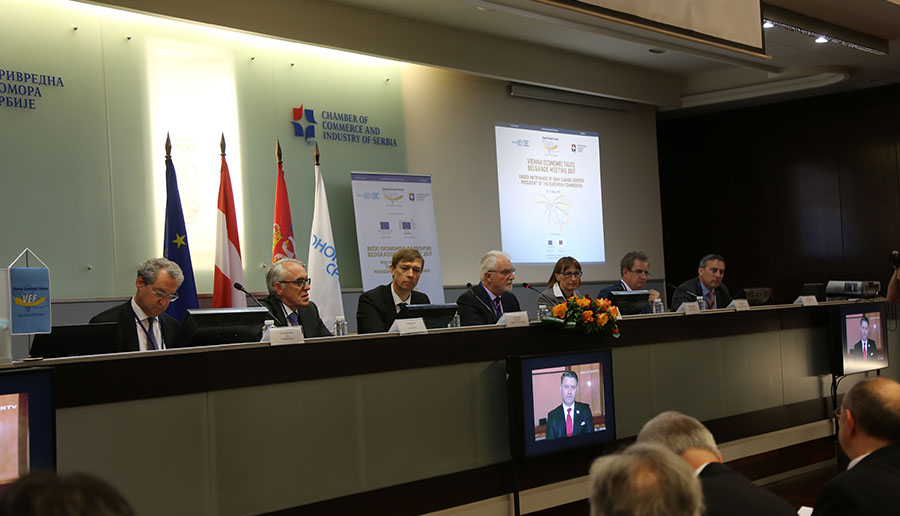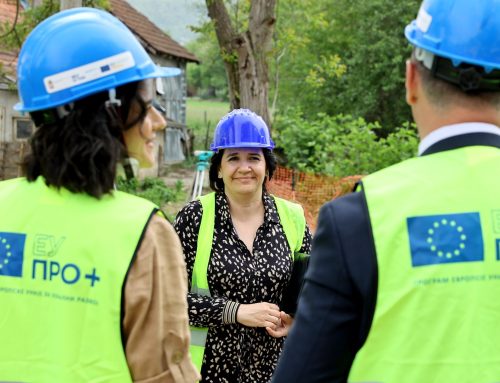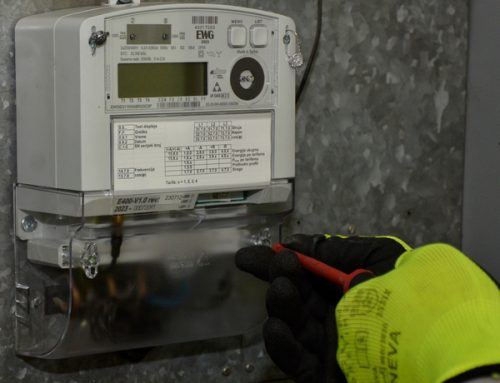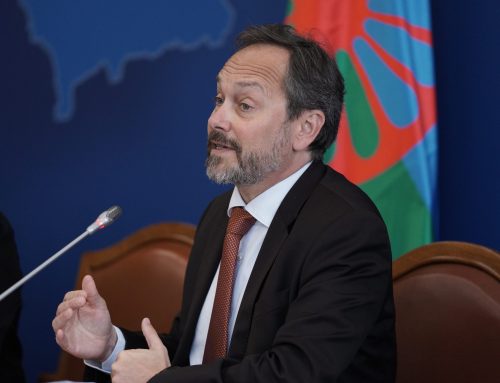Acting Head of the EU Delegation to Serbia Oskar Benedikt said that the pace of European integration was decided by Serbia and that there were no shortcuts on that path, adding that he hoped Serbia would not hold another election that could hinder the implementation of necessary reforms.
Speaking at the panel discussion “Regional cooperation on the European path,“ within the Vienna Economic Talks – Belgrade Meeting, Benedikt said that heads of state or government of the EU reaffirmed their support for the WB6 accession process.
Benedikt had to disagree with Miroljub Labus, a member of the Association of Economists of Serbia, who said that accession negotiations were on hiatus.
“The talks with the EU are not on hiatus, they take a long time, due to reforms. Yet, it would not be wise for Serbia to join the EU unprepared,“ Benedikt said.
According to him, Serbia has made great progress since he first came here.
“It is not up to the EU to make progress, it is up to Serbia to implement reforms for the benefit of its citizens,“ Benedikt said.
He reiterated that there should not be any shortcuts on the EU path because membership criteria were clear and not subject to change.
He added that in the previous period a number of chapters had been opened and added that the pace of accession was under Serbia’s control.
Benedikt reminded that Serbia has been holding elections and forming new governments nearly every year. He added that such trends have only hindered reforms.
“I hope that there will be no elections soon to allow us to focus on reforms,” Benedikt said.
Commenting on Serbia’s trade relations with the EU and Russia, Benedikt stressed that Serbia was integrated into EU economy and that two thirds of all investments in Serbia come from the EU, whereas only six per cent of Serbia’s exports are shipped to Russia.
Drawing a parallel between economic relations with Russia and the EU, Benedikt said that, for instance, only six per cent of agricultural products went to Russia whereas the bulk of those products end up in the EU market.
“I believe Serbia is on the right track. The good news on our side is that, if Serbia manages to implement reforms and anchor the stability in the region, it can expect a positive response. Serbia is the only one to determine the pace,” Benedikt said.
He said that, when it comes to economy, Serbia had positioned itself well and that the reforms implemented over the past three years have helped to stabilise the situation, attract investment and achieve economic growth.
He said that some reforms cannot be implemented overnight and as an example quoted the area of rule of law.
“We are aware that reforms in that area are difficult and take time to implement. Also, constitutional reforms are necessary as regards judicial authorities. It simply cannot be done in a day,” Benedikt said.
According to him, the European Commission is working with Serbia, its public administration, civil society and judiciary to implement reforms in order to advance the country.
We support those reforms, Benedikt said, with large sums of money – EUR200 million a year in EU grants.
He reminded that the EU has helped Serbia to reconstruct 75 bridges across the country in the aftermath of floods, adding that the Union also supports the construction of new courts.
Vienna Economic Talks – Belgrade Meeting is organised by the Vienna Economic Forum in cooperation with the Association of Economists of Serbia.




